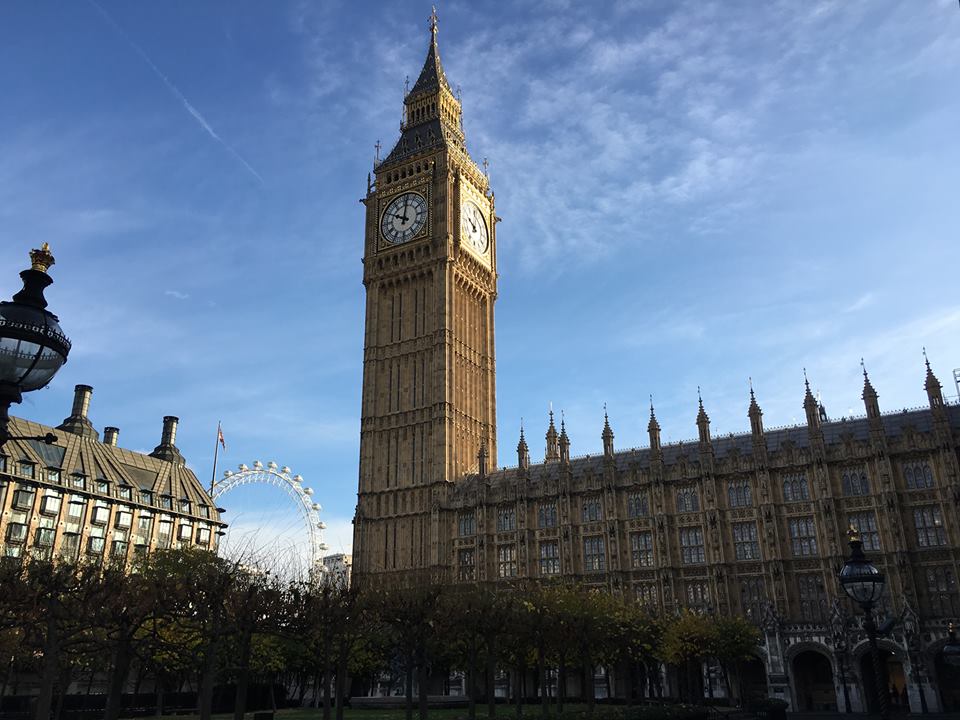Social Isolation is a Scourge that we all have a Responsibility to Tackle
As a nation we’ve become pretty good at recognising major public safety hazards and tackling them over time. Smoking is a case in point with a gradual escalation of measures from Government and over 1.5 million people taking part in Stoptober since 2011. Combined with a permissive attitude to electronic vaping devices, more than 10 million people have stopped smoking, including myself and literally hundreds of thousands of lives have been saved.
Why then have we not been equally concerned about the dangers of loneliness and social isolation? A meta-study of over 180,000 people by the University of York in 2016 found that social isolation was associated with a 29% higher risk of a heart attack and a 32% higher risk of a stroke – comparable to the effects of smoking or obesity.
An even greater study presented at the 125th Convention of the American Psychological Association last year found that the effects of loneliness and social isolation were even more damning: increasing the chances of an early death by 50%, nearly twice that of obesity.
In technical terms: it is well known that we all retain our caveman ‘fight or flight’ instinct that increases the level of fibrinogen in our blood, a protein that causes blood clots. This is because the body’s nervous system fears imminent injury and blood loss. But too much fibrinogen over an extended period of time is extremely damaging to the heart. Recent studies show that social isolation triggers the release of this vital evolutionary instinct, inadvertently beginning the slow process that raises blood pressure, builds up fatty deposits in arteries and leads to the premature deaths of thousands every year.
In plain English: social isolation is a quiet but deadly killer, and one that is both insidious and tricky to tackle at that.
In many ways this shouldn’t be surprising. We humans are social creatures. But social isolation takes many by surprise. For example, we are constantly reminded of the need to prepare for retirement financially, but fewer think about the need to prepare for retirement socially as well. Loneliness and social isolation can also have a vicious circle as far as mental health is concerned, being both a cause and a consequence of depression.
So I was pleased to see that last week the Government took the first step to recognising loneliness and social isolation as a public safety hazard by adding loneliness to Tracey Crouch’s Ministerial portfolio in the Department of Digital, Culture, Media and Sport to deal with this problem. After all, it does strike me that in a digitally-connected society in which we communicate online that the government has a responsibility to ensure good broadband across the country in order to prevent digital exclusion from becoming a proxy for social exclusion.
But at the end of the day, I don’t believe that the Government is capable of tackling social isolation by itself and neither should it be. You cannot treat social isolation in the same way as many other public health problems as it’s not possible to get a prescription for a few hours of social company from a GP, or a visit from friends off the NHS. Moreover, isolation is also harder to discuss with friends and family, given the inherent difficulty of isolated individuals with few social connections reaching out to friends. Enabling socially isolated people to get a good broadband connection is also of little help if they are not literate in how to use social media.
This social scourge cannot be tackled by central government. Family members, friends, charities and volunteers are best placed to offer the support needed.
Last September I visited a fantastic charity in my constituency called Men’s Matters, who won the Team of the Year Award at the Royal Borough of Windsor and Maidenhead Voluntary Sector Awards. Since September 2015 they group has run weekly programmes including cooking courses, BBQs, art and social media training. I’m tremendously grateful to them for the work they do in my constituency. They are truly a model of how to tackle social isolation and also why a bottom up approach is most effective.
So, if you know someone you think might be suffering from loneliness, perhaps an elderly relative or a friend you haven’t heard from in a while, I hope that you will reach out to them. Social isolation is a social scourge but we can all do our bit to make it history.
ENDS
Note to editors
1. Adam Afriyie is the Prime Minister’s Trade Envoy to Ghana.
2. He has a strong background in science, technology and innovation.
3. He is currently Chairman of the Fintech APPG, Parliamentary Office of Science and Technology (POST) and President of the Conservative Technology Forum (CTF).
4. He was shadow Minister for Science from 2007-2010 and has a background in the information services and technology sector.
5. To find out more about Men’s Matters, please visit their website here.
